BHSAI News Archive 2018
December 2018
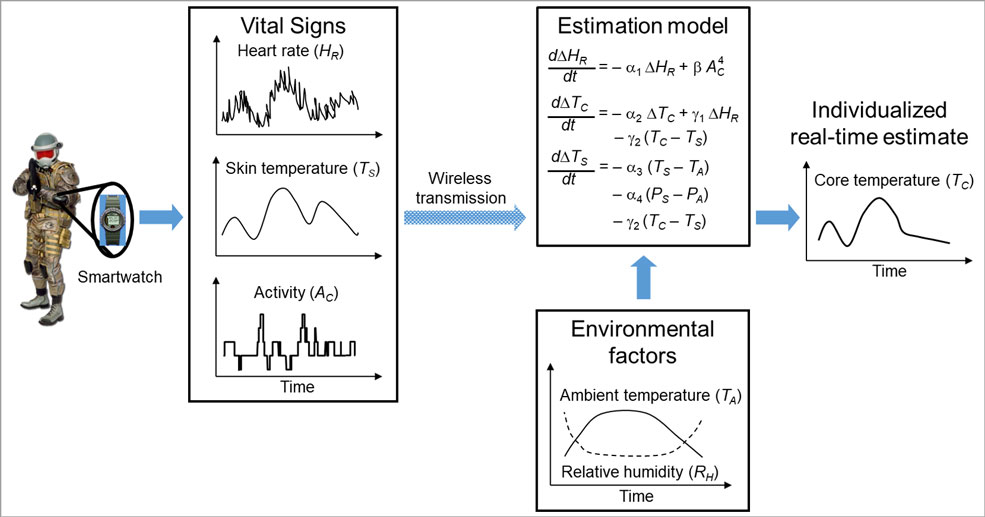
We often overestimate our ability to stay active in scorching weather—hence, our surprise when we hear of people dying of heat stroke during a summer heat wave.
Read the ArticleNovember 2018
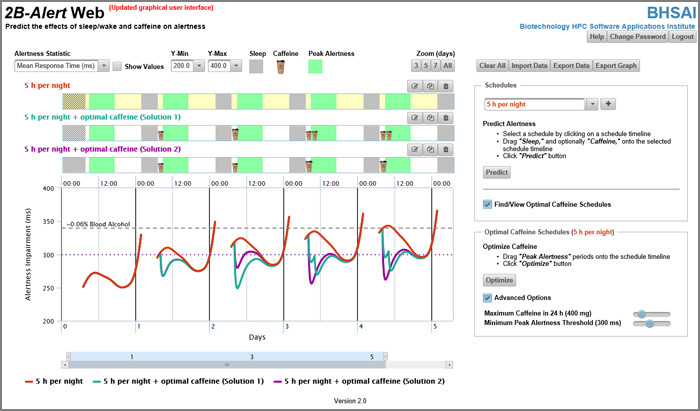
Sleep deprivation is common among military personnel. Roughly 40% sleep less than 5 hours a night, even though they need 7 to 8 hours to recover mental acuity. Yet, Warfighters often need to be vigilant while deprived of sleep.
Read the ArticleJuly 2018

We've seen over and over that there are tremendous health benefits to drinking coffee--even a heck of a lot of coffee--including substantial increases in lifespan.
But if you think American office workers are especially sleep-deprived and powered by caffeine, it turns out we've got nothing on the U.S. military.
Read the Article
Sleep deprivation in the forces is not uncommon, so determining the ideal amount of caffeine to consume for maximum efficiency could be key in reducing accidents.
Now the US Army and the US Department of Defense have developed software which could provide answers.
Read the Article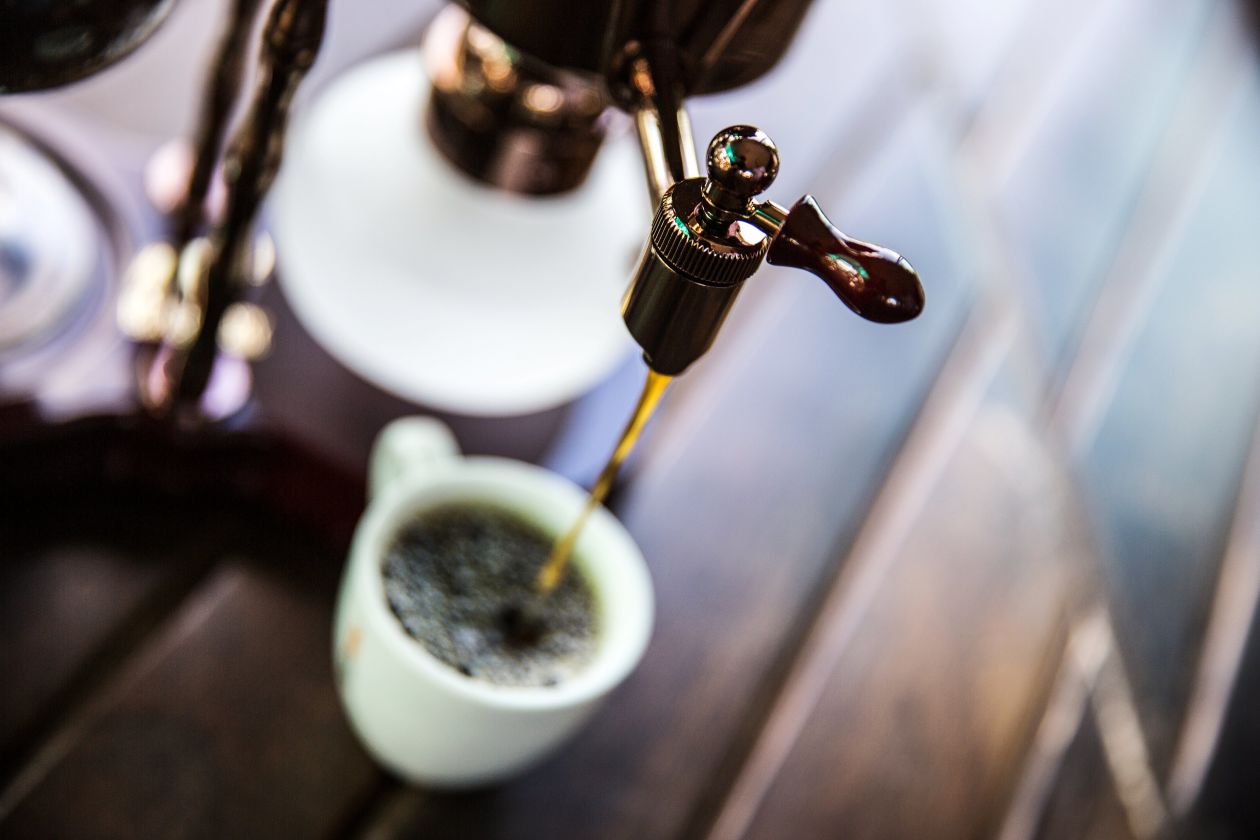
If you need to wake up, caffeine can help. But for the optimal jolt, how much and when?
The U.S. Army and the Department of Defense have developed an algorithm to answer that question. It’s of critical interest because soldiers may go for days without getting enough sleep or, in some cases, any sleep at all.
A perfectly timed and ideal portion of caffeine can fend off fatigue that might otherwise jeopardize a mission or put lives at risk.
Read the ArticleJune 2018
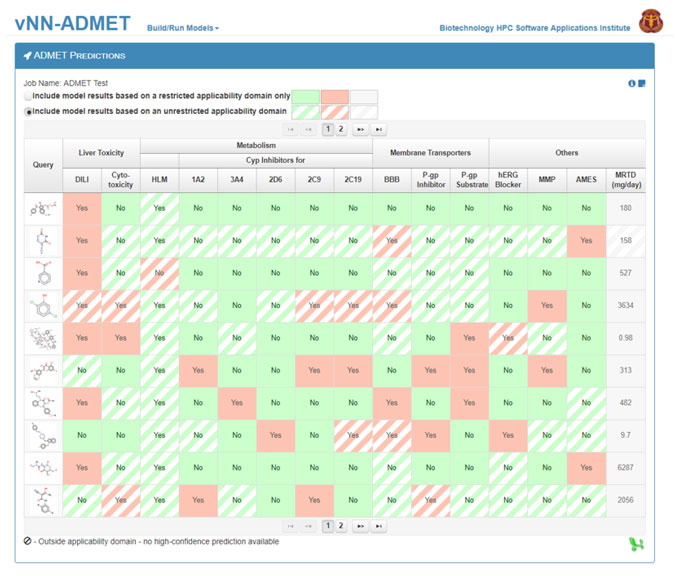
Military medicine is facing ever increasing and greater challenges in maintaining Force Health Protection by diagnosing and treating Warfighters exposed to diseases and hazardous chemicals.
Read the Article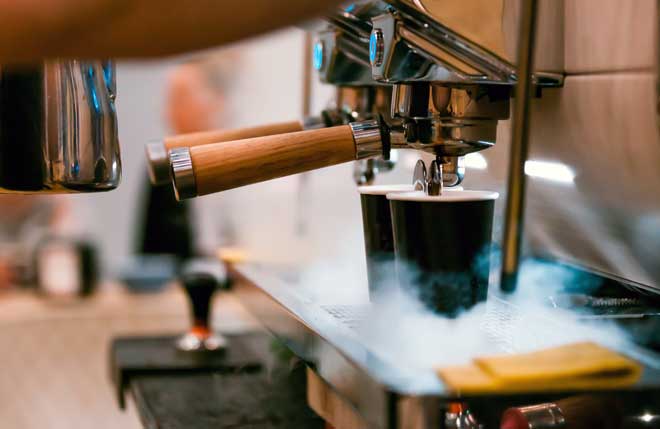
Researchers divide us into three types of “caffeine sensitivity.” Now, an app with a new algorithm may be able to calculate the perfect caffeine dose for everyone.
Why do some people have laser focus after one cup of coffee while it seems others have to keep a pot brewing all day to just stay awake?
According to a report by Dr. J.W. Langer, a science journalist, genetic factors determine our reaction to caffeine.
Read the Article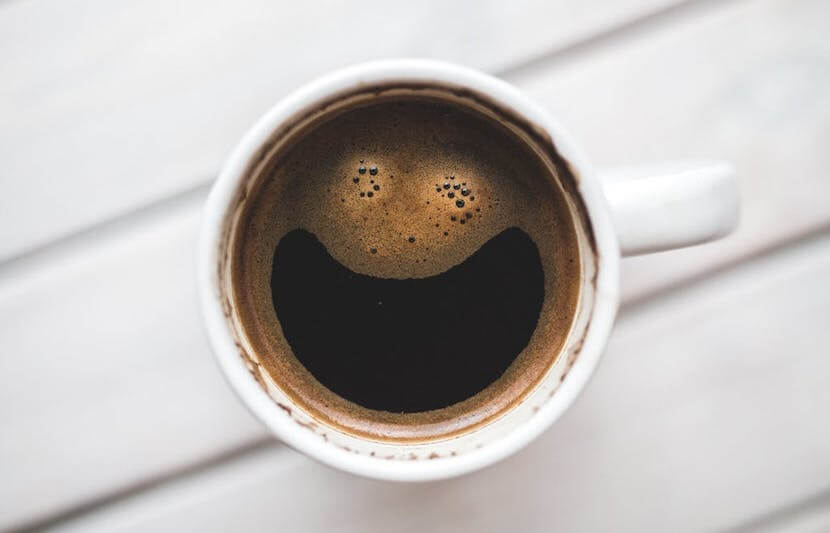
Drinking the right amount of coffee can be a tricky task. If you don’t drink enough, you could sleepwalk through the day, but if you drink too much, you can become wired and lightheaded.
Those days may be behind us.
Read the Article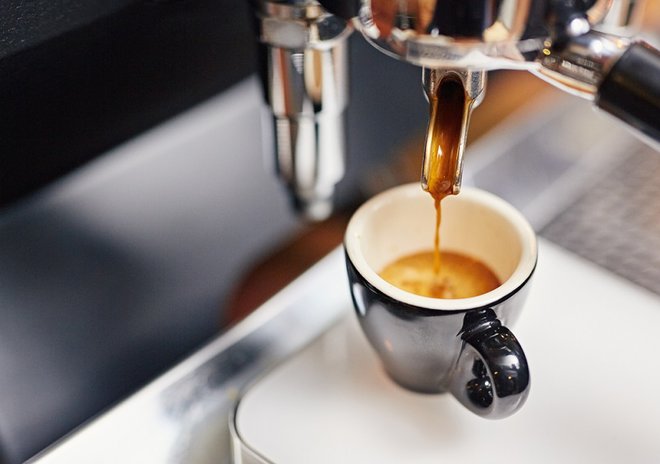
Your coffeemaker may seem like your best friend when you stumble out of bed, but is first thing in the morning really the best time to have that jolt of caffeine?
U.S. Army researchers have developed a smartphone app that can tell you by using algorithms and sleep pattern information to determine how much caffeine you should have for optimal alertness and when you should consume it.
Read the Article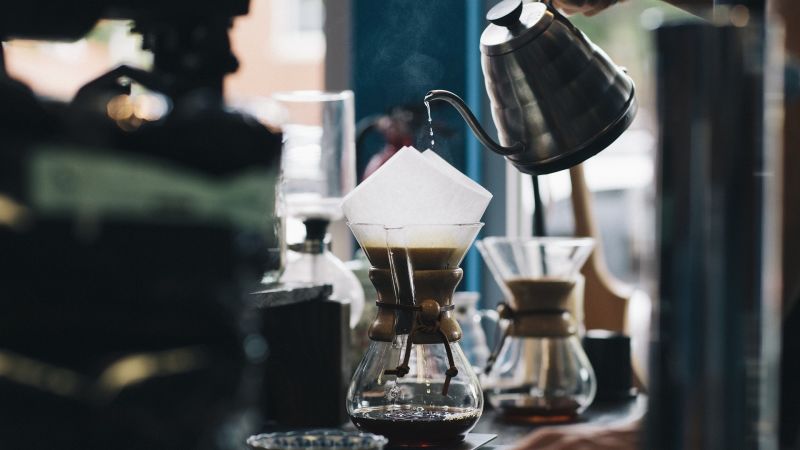
Have you ever found yourself chugging coffee to stay up late studying, but then when it’s time for the exam, your mind is foggy with fatigue? Researchers from the U.S. Army have developed an algorithm that can predict the energy peaks and valleys that come from drinking caffeine, and in turn, created a web-based tool that helps you predict how alert you can expect to be based on your own sleep schedule and coffee habits.
Read the Article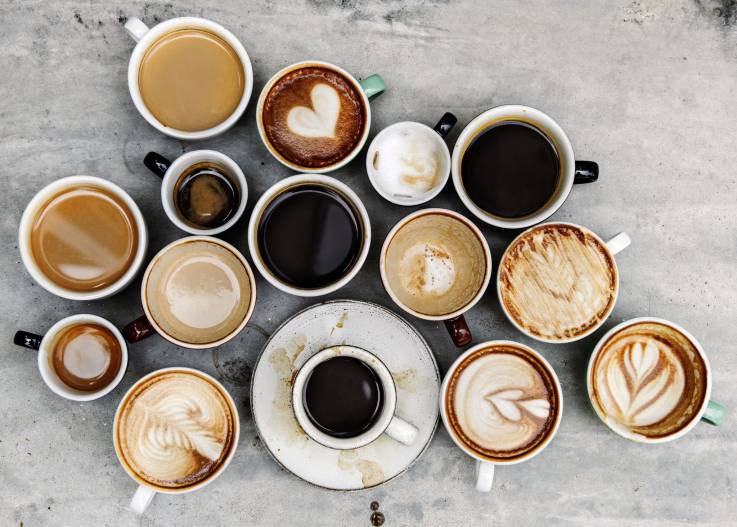
Perhaps you drink coffee for the smooth, rich taste. Or maybe you crave the surge of energy from a solid caffeine hit. However you take your cup of joe, the stimulant can run riot through your system—speeding up your heartbeat and even giving you the shakes.
But, when taken at just the right time, in just the right dose, coffee can keep you alert when you’re short on shut-eye. Now, U.S. Army scientists have developed an algorithm to harness the power of the nation’s favorite tiredness-targeting stimulant.
Read the Article
According to a recent study, a newly developed algorithm may be the key to optimizing alertness with caffeine.
Caffeine is the most widely consumed stimulant to counter the effects of sleep loss on neurobehavioral performance. This study proposed an automated optimization algorithm to identify safe and effective caffeine-dosing strategies that maximize alertness under any sleep-loss condition.
Read the Article
But what’s not obvious is when and how much you should consume to achieve the best effects. That’s the focus of a new study funded by the U.S. Army and published in the Journal of Sleep Research.
Caffeine is the most widely used stimulant in the world, consumed in some form by some 90 percent of Americans each day. Studies have shown it reliably boosts performance among sleep-deprived people on cognitive tasks, even after long periods of restricted sleep. The downside is that caffeine, especially high amounts consumed over several days, can prevent sleep-deprived people from making up lost sleep, a measure known as ‘sleep debt’.
Read the Article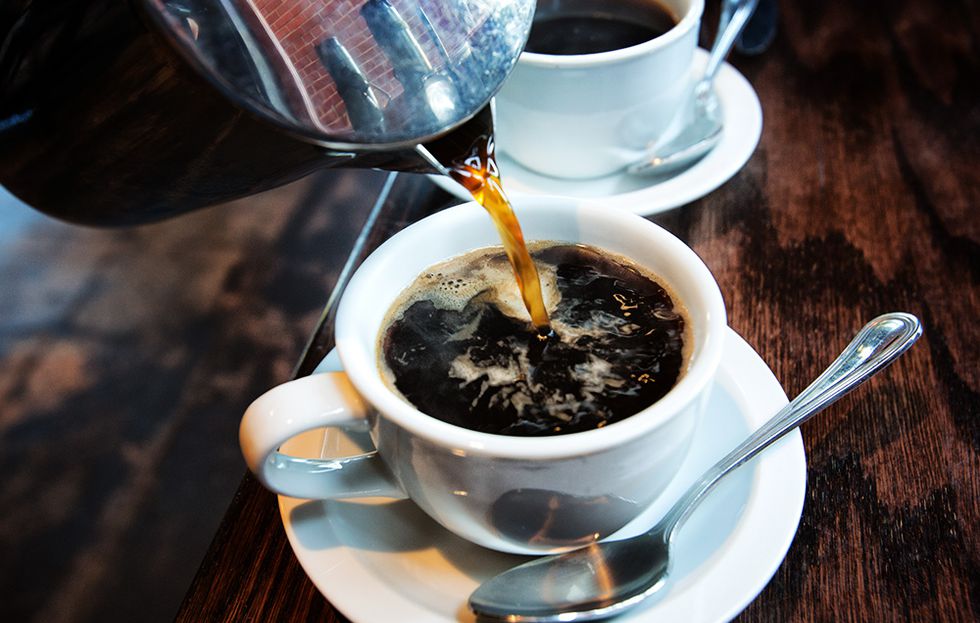
If you love caffeine, you may think there's never a wrong time for coffee, but a new study says there is a right time to get the most out of your daily cup.
Researchers from the United States Army developed an algorithm that makes personal recommendations for timing your caffeine consumption, so you can drink the least amount of coffee to achieve the maximum level of alertness, LiveScience reported.
Read the Article
Many people groggily pour a cup of coffee in the morning to wake themselves up. But exactly how much caffeine should you consume — and when should you take it — to achieve "peak" alertness?
A new algorithm aims to answer that question.
Read the Article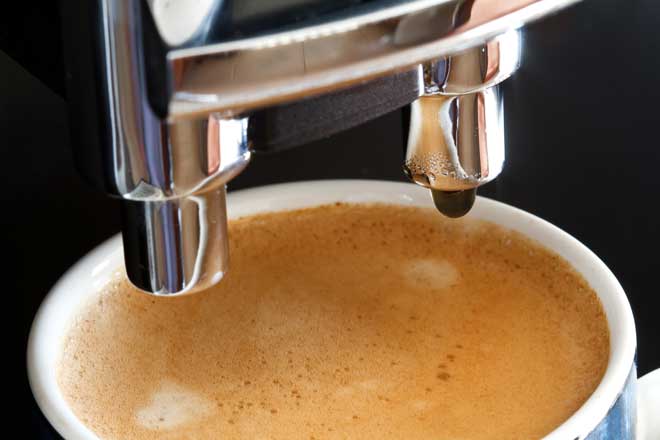
Whether to counter a rough night of sleep, or provide an afternoon jolt, around 90% of Americans consume caffeine in some form every day, according to Villanova University.
However, when and how much caffeine you ingest may impact its effectiveness.
Read the Article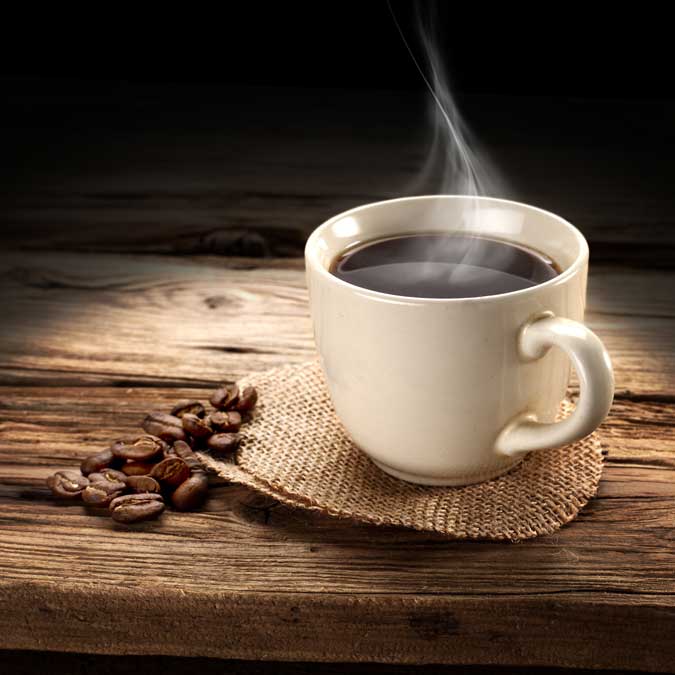
Caffeine isn't always as magical as we hope.
We drink cup after cup of coffee to try to finish an important project or remain conscious during perhaps the most tedious meeting ever. Yet it doesn't always turn us into the superheroes of stamina we wish it did.
Read the Article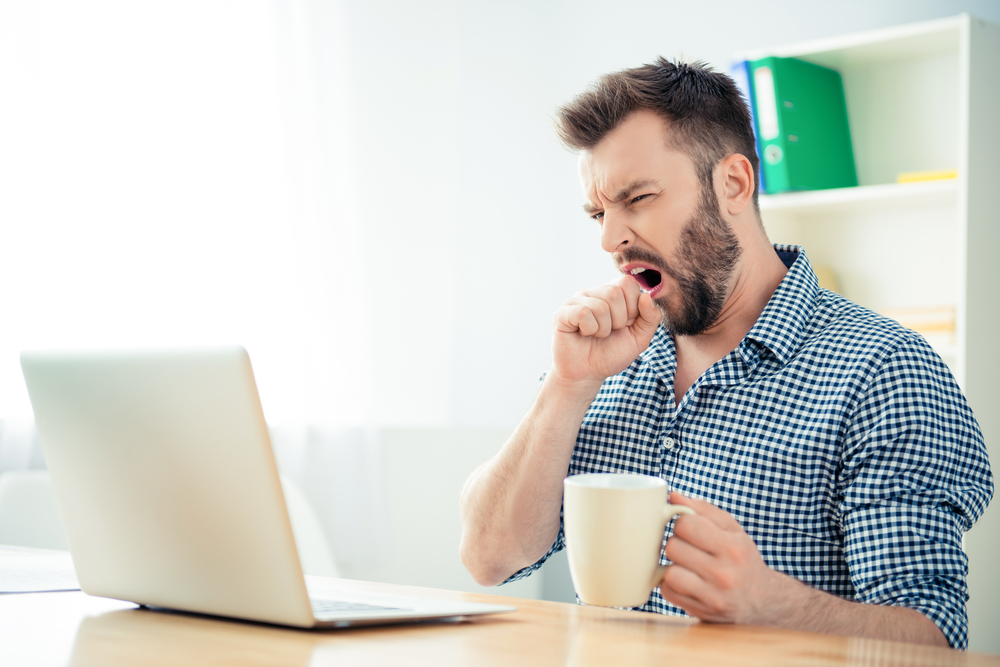
According to a recent study, a newly developed algorithm may be the key to optimizing alertness with caffeine.
Caffeine is the most widely consumed stimulant to counter the effects of sleep loss on neurobehavioral performance. However, to be safe and most effective, it must be consumed at the right time and in the right amount. This study proposed an automated optimization algorithm to identify safe and effective caffeine-dosing strategies that maximize alertness under any sleep-loss condition.
Read the Article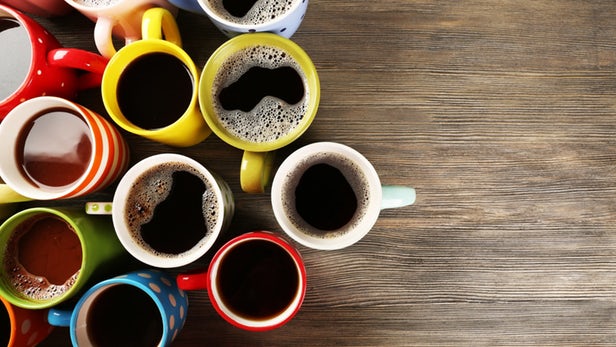
How many cups of coffee do you have a day? It's not a stretch to say that caffeine is the world's most popular drug. A recent study found that 85 percent of American adults consume the drug in some form every day, but when and how frequently should we be taking a caffeine hit to get the best effect from it?
Read the Article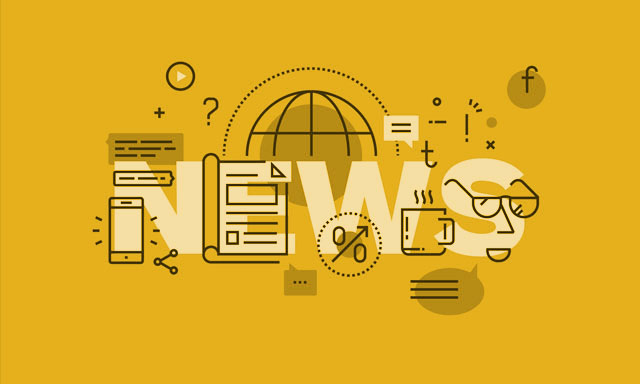
Drink one cup, still drowsy. Drink more than one cup, you have unmanageable jitters. Anyone who drinks coffee knows the struggle. While you may claim to drink it for the taste, chances are its appeal lies at least in part with its caffeine content. But, like most things, it is hard to know exactly how much you are getting in your morning cup. Beyond that, most coffee drinkers cannot so easily determine how caffeine their bodies need for ideal results to begin with. But, approximation may be a thing of the past thanks to a new algorithm that determines exactly how much caffeine you need, and when to consume it.
Read the Article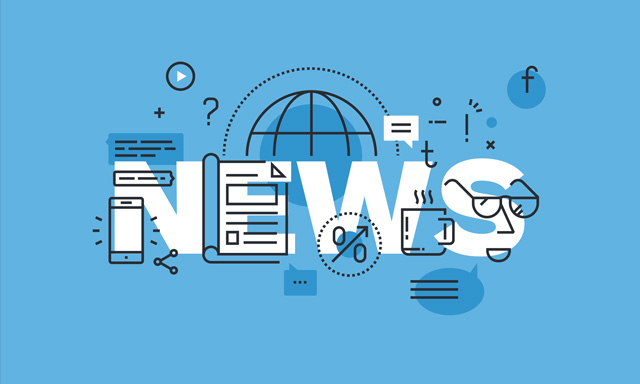
According to a recent study, a newly developed algorithm may be the key to optimizing alertness with caffeine.
Caffeine is the most widely consumed stimulant to counter the effects of sleep loss on neurobehavioral performance. However, to be safe and most effective, it must be consumed at the right time and in the right amount. This study proposed an automated optimization algorithm to identify safe and effective caffeine-dosing strategies that maximize alertness under any sleep-loss condition.
Read the Article
The Army wants you….awake. Since at least WWII, US military scientists have been tinkering with the human brain to keep pilots, soldiers and staff alert despite lack of sleep. Their enemies have as well: The Nazis infamously plied their ranks with methamphetamines (also known as speed).
Read the ArticleApril 2018
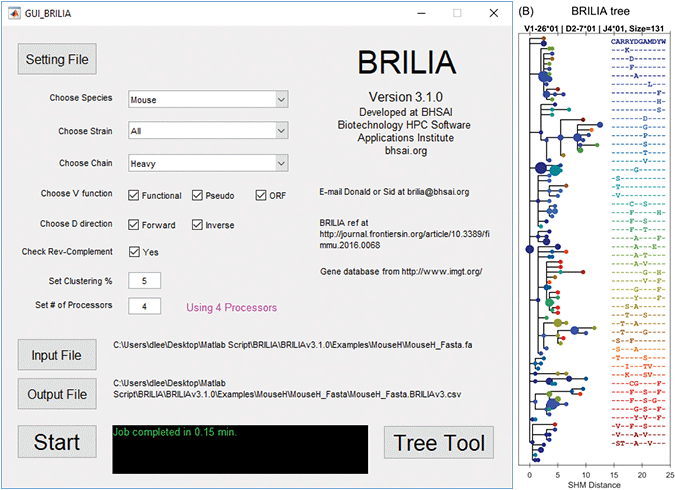
Vaccines are a critical component in maintaining Force Health Protection by providing a first line of defense against infectious diseases or weaponized biological agents. The U.S. Army carries out pre-clinical and clinical vaccine research on a wide range of biological targets, from malaria and dengue fever to Ebola and Anthrax.
Read the Article